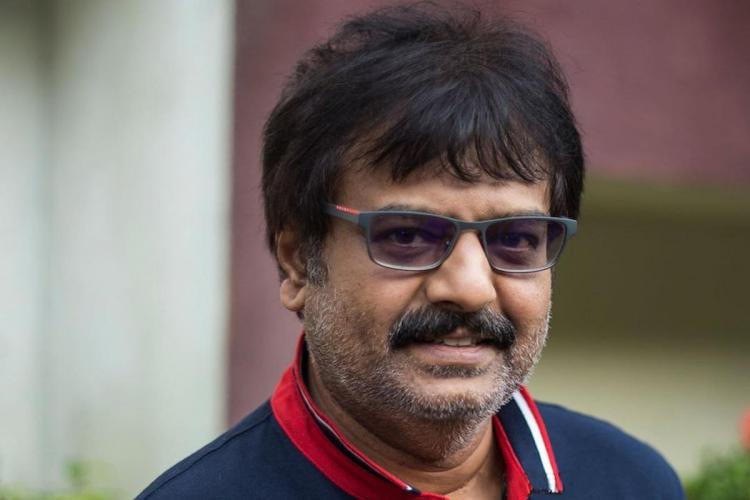
Actor Vivekh suffers heart attack a day after taking COVID vaccine

Tamil actor Vivekh was reportedly admitted to a private hospital in Chennai on Friday (April 16) after he suffered a heart attack. The actor is in the ICU as his condition is serious, the hospital said, according to media reports.
The reason behind his condition is not known and the hospital is yet to officially issue a statement.
The actor took the COVID vaccine on Thursday (April 15) at the Government Omandurar Hospital and he also urged others to come forward to take the vaccine, media reports said.
“Both Covishield and Covaxin only provide safety to us. These vaccines may not prevent COVID but may reduce the severity of the infection,” the actor had said.
Is vaccination and heart attack related?
The data submitted to the national Adverse Event Following Immunization (AEFI) Committee that met in the first week of the month has made it clear that there has been no causal linkage between heart attack and vaccine.
A group of independent experts wrote a letter dated March 16 to Union Health Minister Harsh Vardhan and several other government wings in charge of India’s pandemic response asking for an “urgent investigation of deaths and serious adverse events following administration of COVID-19 vaccine.”
Also read: Serum, Bharat Biotech will face action in case of adverse vaccine reaction: Centre
The health professionals include two advocates and notable voices such as virologist T. Jacob John, public health doctor Sylvia Karpagam, Indian Journal of Medical Ethics editor Amar Jesani and health activist Malini Aisola.
The AEFI is any untoward medical occurrence that follows immunisation and which does not necessarily have a causal relationship with the usage of the vaccine. The adverse event could be any unfavorable or unintended sign, abnormal laboratory finding, symptom, or disease.
There are five categories of serious AEFI classification:
* Vaccine product-related reaction: An AEFI that is caused or precipitated by a vaccine due to one or more of the inherent properties of the vaccine product. Example: Extensive limb swelling following DTP vaccination.
* Vaccine quality defect-related reaction: An AEFI that is caused or precipitated by a vaccine that is due to one or more quality defects of the vaccine product including its administration device as provided by the manufacturer. Example: Failure by the manufacturer to completely inactivate a lot of inactivated polio vaccine (An inactivated (killed) polio vaccine, developed in 1955 by Dr. Jonas Salk. Unlike oral polio vaccine – OPV — a LAV vaccine, IPV must be injected to produce the desired immune response) leads to cases of paralytic polio.
* Immunization error-related reaction: An AEFI that is caused by inappropriate vaccine handling, prescribing or administration and thus by its nature is preventable. Example: Transmission of infection by the contaminated multidose vial.
* Immunization anxiety-related reaction: An AEFI arising from anxiety about the immunization. Example: Vasovagal syncope that is neurovascular reaction that leads to fainting in an adolescent during/following vaccination.
* Coincidental event: An AEFI that is caused by something other than the vaccine product, immunization error or immunization anxiety. Coincidental events reflect the natural occurrence of health problems in the community with common problems being frequently reported.
In India, the AEFI committee that examined the data of AEFI up to March 31, 2021, had come to the conclusion that other than anaphylaxis and severe allergic reactions, it was currently not possible to establish causal linkages as of now to vaccination and other events.
According to a presentation made to the National AEFI Committee during a meeting held on March 31, there have been 617 severe and serious (including deaths) adverse events following immunisation (AEFI). As on March 29, a total of 180 deaths (29.2%) have been reported following vaccination across the country. Complete documentation is available only for 236 (38.3%) cases.
In all, 492 severe and serious AEFI have been classified by the AEFI Secretariat of the Immunisation Technical Support Unit (ITSU) at the Health Ministry. Classification has been completed for 124 deaths, 305 serious events that required hospitalisation, and 63 severe events that did not require hospitalization.
Also read: COVID vaccine trial to continue, govt dismisses volunteer’s side-effects claim


